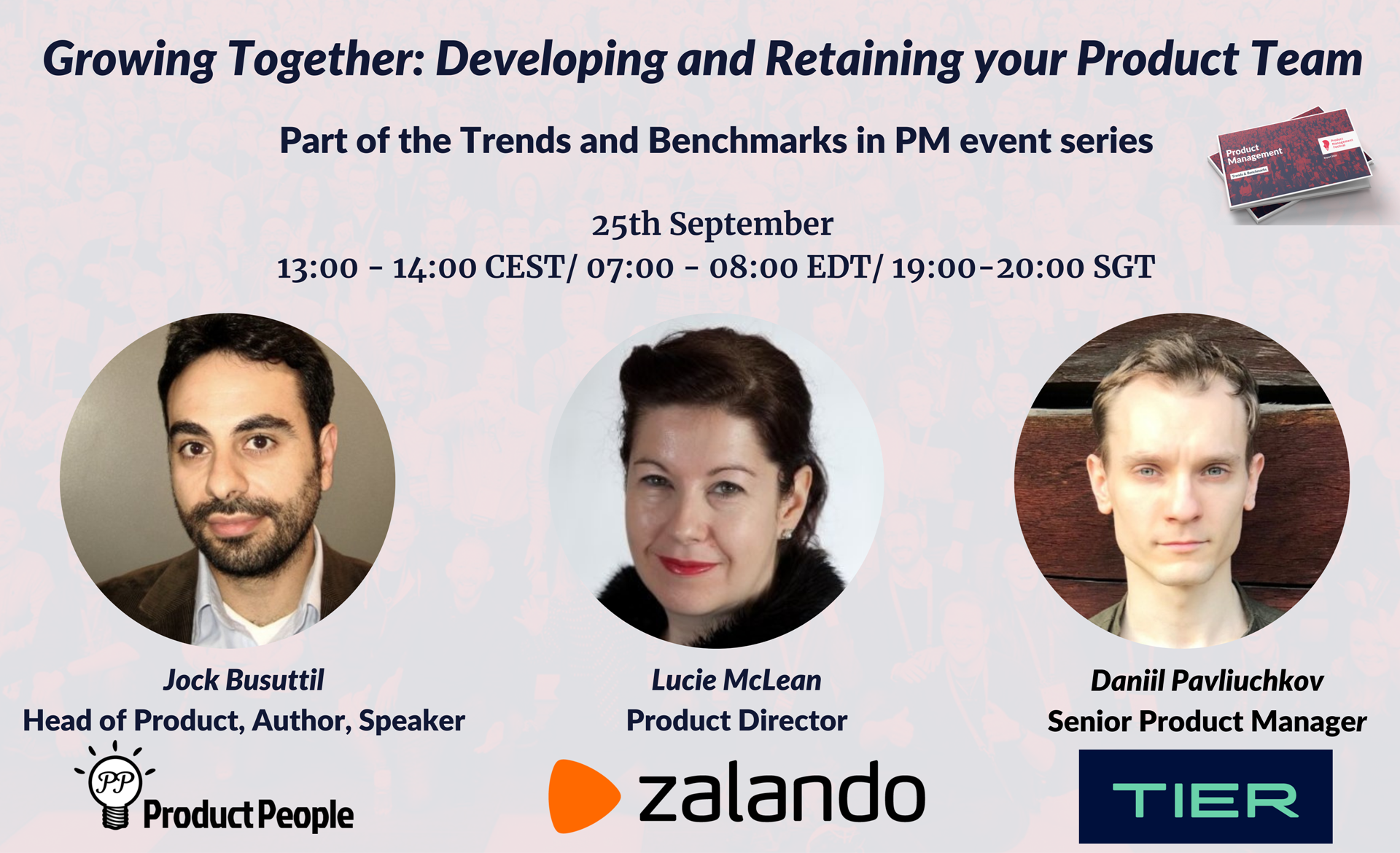PRODUCTHEAD: Becoming a service organisation
» Context helps to make a service good as opposed to simply existing
» By not consciously designing our services, we instead force our users to link actions together
» Outcomes for users are core user needs that a service helps them to meet
» A starting point can be to ask different teams what ‘good’ looks like to them


